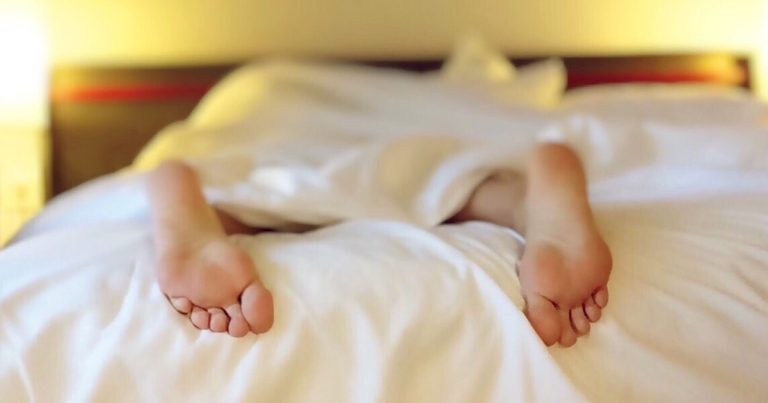20 Apr 2022
Getting less than a full eight hours sleep can have a dramatic effect on your concentration and performance, writes Eleanor Goad – an important consideration for those whose jobs involve scalpels.

Image: Pixabay
As part of the professional studies portion of the course, we covered the acronym HALT: Hungry, Angry, Late/lonely and Tired – the four main recognised pillars of human error, which are thought to be the most common causes of mistakes made in practice.
Of these four causes, I think tiredness is perhaps the most likely to spill out of the practice doors and into a vet’s personal life. We can grab a bite when we get home, or complain to our loved ones about our day, but fatigue and sleep deprivation can become a vicious cycle.
Vets are used to working weird and wonderful hours, but the profession is also rated highly for sufferers of insomnia. What this boils down to is that, even when a veterinarian’s busy schedule affords them the opportunity to get a full eight hours, their brains may simply not comply.
We can all be a tad on the cranky side when we’ve had a bad night, which doesn’t bode well for client communications and team work – two integral cornerstones of a flourishing veterinary practice.
On a more insidious note, getting less than your full eight hours can have a dramatic effect on concentration and performance.
Why We sleep by Matthew Walker reviewed a plethora of literature on the subject, which startlingly concluded that losing just one or two hours of sleep was akin to driving over the alcohol limit.
With vets routinely performing intricate surgical procedures, the need for adequate sleep is apparent. However, the (seemingly) easiest way to get vets to sleep more is to reduce their hours, which is:
Most vets work considerable overtime for the benefit of their patients, their colleagues and the practice, so it’s easy for this to spill into their personal lives. I’ve heard many first-hand accounts of new (and not-so-new) grads tossing and turning at night, mulling over their latest mistake, wondering if they ordered the right tests, questioning their diagnoses.
Another annoying hurdle is that even the most adjusted veterinarian with the comfiest bed in the world can’t fight biology.
The body clock, our circadian rhythm, is both necessary for all homeostatic mechanisms in our body, but it can also be cruel indeed. I remember asking my parents as a kid why they were up at 6am on a Saturday when they didn’t have to go to work. Now, as a veterinary student soon to be heading off to OOH duty, I’m sure I’ll understand.
Anybody who’s traveled a sizable segment along the equator knows the woes of jet lag, and even the biannual clock changes throw us all for a loop. What this means, sadly, is that the often taxing and unpredictable hours of general practice make catching up on lost sleep during days off incredibly difficult – where is the justice, I ask you?
Lack of sleep can impact our physical health as well as our mental resilience. It increases our risk of accidents – to ourselves and our patients – and has been linked to heart disease, immune mediated conditions, depression, anxiety and a number of other complaints.
Vets and doctors may make the worst patients, but all clinicians agree on the fact that prevention is far better than cure – and there may be an important conversation to be had in future about the link between a good day at work and a good night’s sleep.